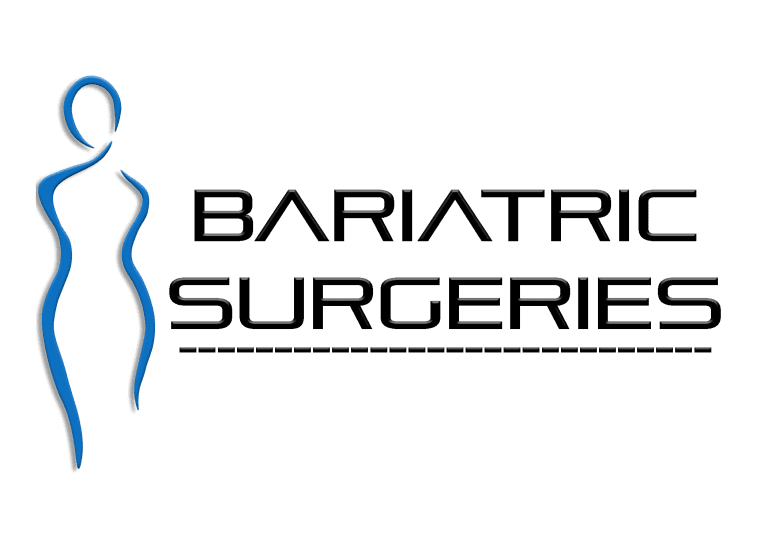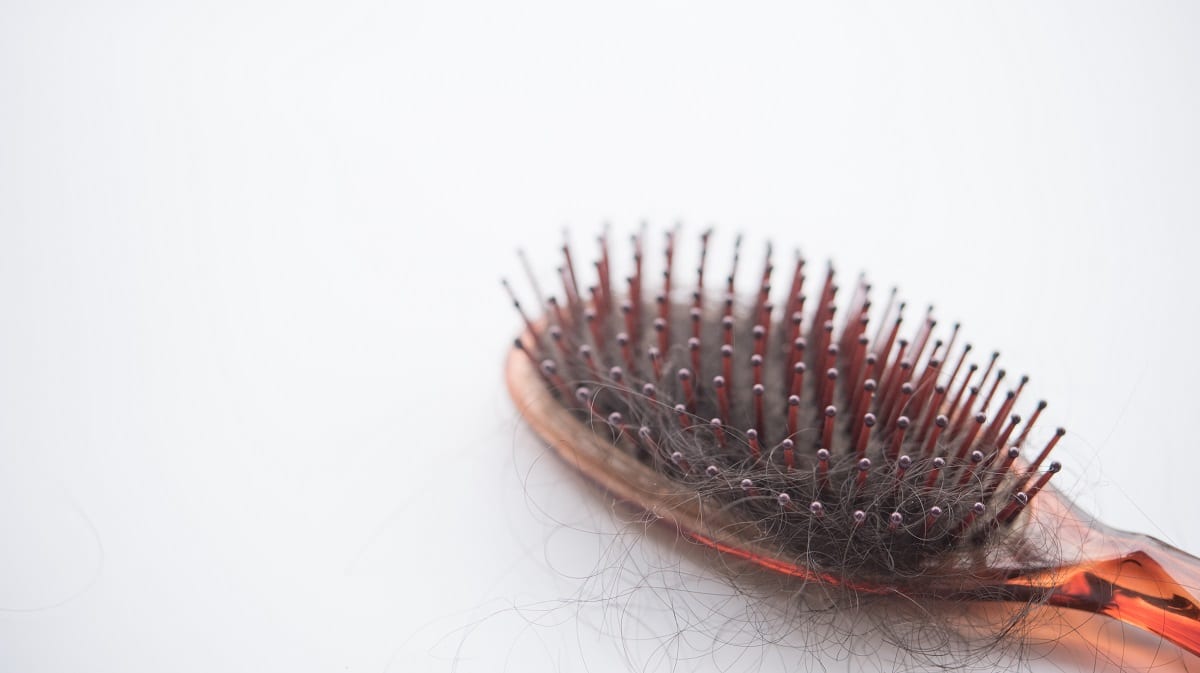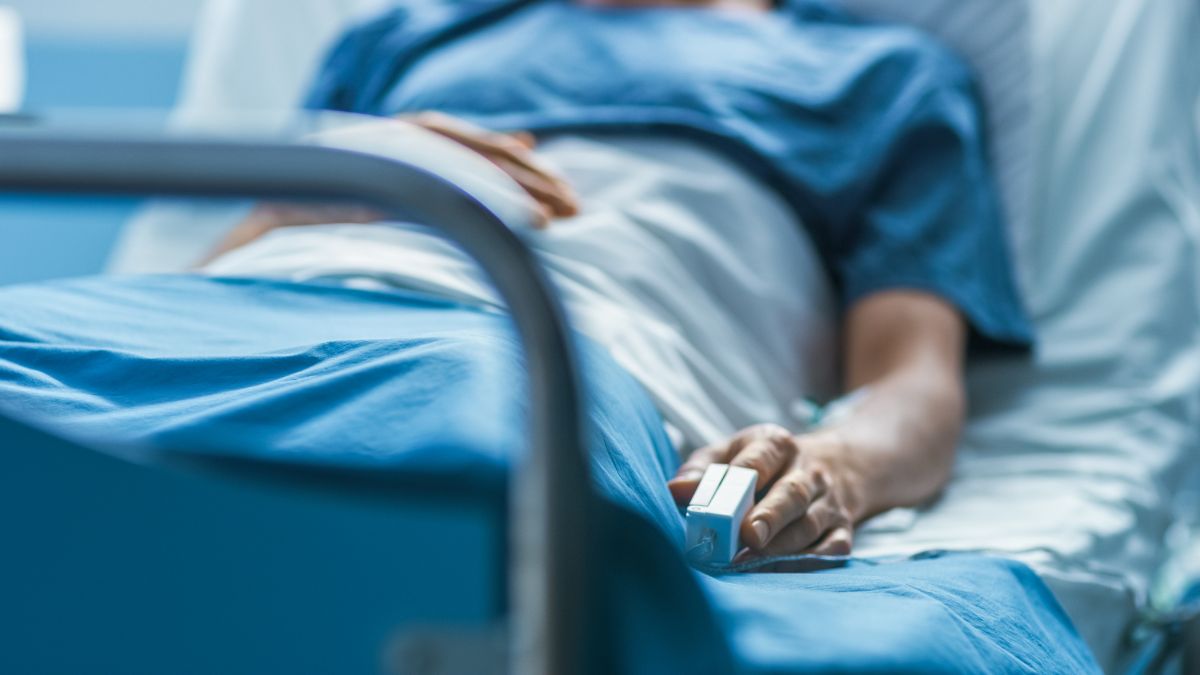Hair loss is not something most people think about when considering weight loss surgery. However, it is a potential side effect, and there are a plethora of reasons why this could be.
If you’re dealing with post weight loss surgery hair loss, don’t fret. You need to first understand that it IS temporary and that you CAN do something about it. Your hair will grow back.
If you’re concerned about hair loss after weight loss surgery, though, read this article to get a better picture of it and understand why it happens, what you can do about it, and how to reverse it if it happens to you.
Potential Causes of Hair Loss
Before talking about weight loss surgery-related hair loss, we have to consider what causes hair loss.
Stress or Trauma: It’s not uncommon that you hear of people’s hair falling out due to stress, but because it’s rarely seen it can come off as a figure of speech. However, it’s true that stress or traumatic events can trigger hair loss. Since weight loss surgery is a stressful event in one’s life, it can possibly trigger weight loss.
Genetics: This is the one everyone knows about: male pattern baldness. But there are other genetic factors that could result in hair loss in both genders, such as natural keratin production.
Medications: Some medications list alopecia or hair loss as a side effect. This is because various chemicals react with different functions of the body in many ways. Some nutraceuticals or nutritional supplements can cause or accelerate hair loss as well. If you’re on medication, the rapid weight loss or malnutrition could trigger side effects in your medication that you may not be aware of. Ask your doctor if you’re at risk.
Malnutrition: If you’re not getting enough of your vitamins, your body tends to get sicker. One symptom of this is the loss or thinning of hair. Rapid weight loss can cause a depletion of nutrients that could cause hair to fall out, as well. The most common cause of this is lack of protein.
How to Prevent Hair Loss After Bariatric Surgery
- Consume at least 60 grams of protein a day. Your doctor will give you specific protein requirements for your weight loss goals.
- Eat protein with every meal or snack. Your approved foods after weight loss will include a protein source: be sure to eat those.
- Use protein supplements, whether protein powder or Ensure-type supplements, to meet protein goals. It’s not going to be easy to meet your protein goals on approved foods alone, so it’s important to supplement it.
- Take vitamin and mineral supplements as recommended by your doctor. Your doctor can help figure out what nutrients you’re missing in your diet.
In Summary
- Hair loss after bariatric surgery is not very common, but it can happen.
- It’s usually caused by a combination of factors as a result of weight loss surgery.
- Making sure you have adequate protein and micronutrient intake will be key to preventing or reversing any hair loss that may follow.









